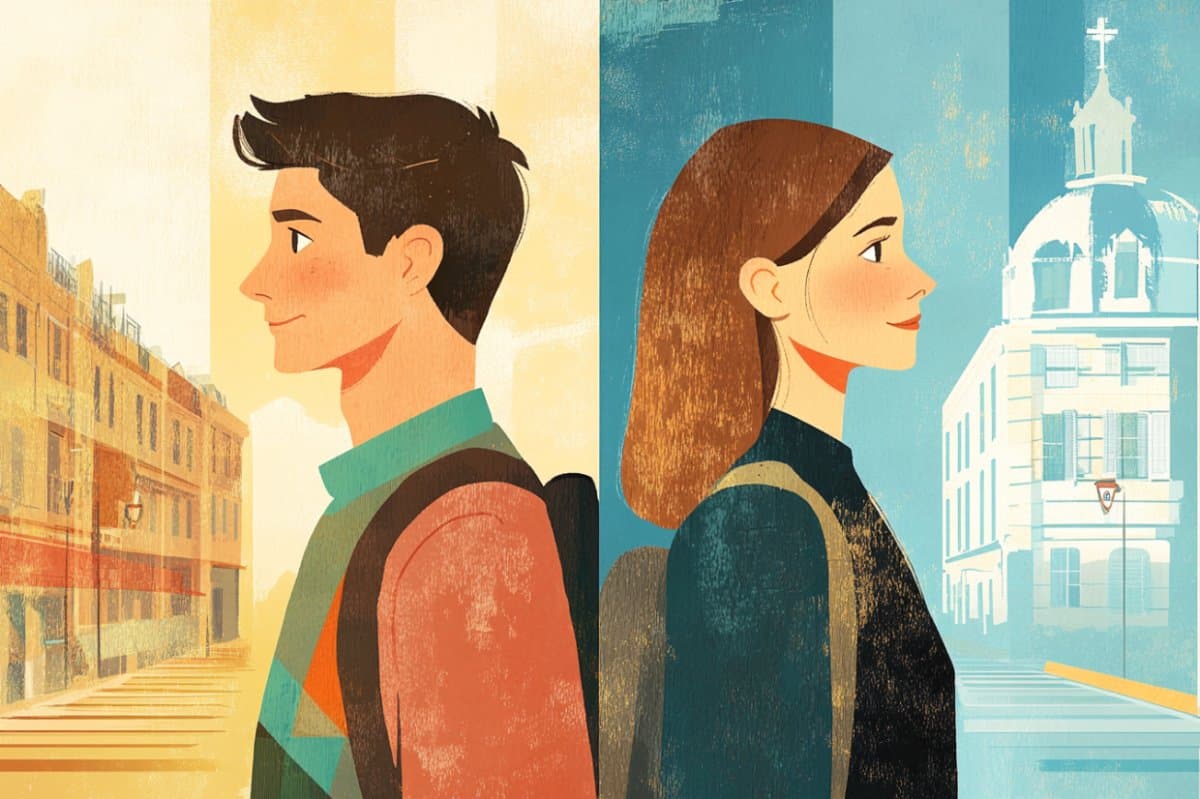Summary: New research reveals that people are more likely to trust others who grew up in lower-income households than those from privileged backgrounds. Across multiple experiments, participants consistently showed greater behavioral trust toward individuals with modest upbringings, seeing them as more moral and trustworthy.
Interestingly, current socioeconomic status had less impact on trust than childhood background. While participants were willing to trust those currently from lower-income groups, they only believed those with humble beginnings would reciprocate that trust.
Key Facts:
- Behavioral Trust: Participants gave more to those from lower-income backgrounds.
- Perceived Morality: People believed those with modest childhoods were more moral.
- Childhood vs. Present: Childhood class had a stronger effect than current wealth status.
Source: APA
When deciding whom to trust, people are more likely to choose individuals who grew up with less money over those who went to private schools or vacationed in Europe, according to research published by the American Psychological Association.
“Trust is essential for healthy relationships. Without it, romantic partnerships can fail, workplaces can suffer and social divisions can grow,” said lead researcher Kristin Laurin, PhD, a psychology professor at the University of British Columbia.

“But what makes people trust someone in the first place?”
To find out, researchers ran a series of experiments with more than 1,900 participants. They explored whether someone’s social class—either while growing up or currently—affects how trustworthy they appear to strangers.
The research was published in the Journal of Personality and Social Psychology.
In one experiment, participants were asked to play a trust game with what they thought were other real people but were actually fictional profiles. Each participant filled out a profile and received copies of profiles from their “group.”
Some fake profiles described people who grew up with less money—like attending public school or working part-time. Others described more privileged backgrounds, such as going to private school or taking vacations in Europe.
In the game, participants (known as “trusters”) started with 10 raffle tickets for a drawing for two $100 gift cards. They had the option to transfer any number of these raffle tickets to one of the fictional players in their group (known as “trustees”).
Trusters were told any tickets transferred to a trustee would then be tripled, and the trustee could decide to return any number of those tickets to the truster.
The study looked at trust as a behavior–putting oneself at the mercy of the other player. How many raffle tickets participants transferred to another player indicated how much they behaviorally trusted that player.
The study also looked at trust as an expectation—believing the other player would be trustworthy. Participants were asked “If you gave all 10 tickets to this person, they would have 30. How many do you think they would give back?”
In similar experiments, researchers adjusted the fake profiles to suggest trustees’ current socioeconomic status and asked participants to rate the morality of the other players.
People tended to show more behavioral trust toward individuals from lower-income backgrounds, whether past or present. However, they only believed a player was more trustworthy when the player grew up in a lower-income household.
“Our research shows that people draw a clear line between someone’s childhood and their current situation,” Laurin said.
“They generally saw people who grew up in lower-class homes as more moral and trustworthy. While they sometimes acted as if they trusted people who are currently lower class, they didn’t always believe those people would honor that trust.”
These findings suggest that people might want to be strategic about how they present themselves in social situations where trust is a component.
“If you’ve always been wealthy, for example, you might want to downplay that history and focus on the now, whereas if you’ve always struggled financially, making it clear that you grew up with humble roots might be more to your advantage,” she said.
Laurin noted that while the study shows a preference for trusting those from lower-income backgrounds, especially those who grew up that way, it didn’t ask whether those individuals are actually more trustworthy.
“We didn’t examine whether a person’s childhood or current class background actually influences their behavior,” she said.
“That’s a question for future studies—especially to understand when trust is misplaced or when people miss chances to trust others fairly.”
About this psychology research news
Author: James Sliwa
Source: APA
Contact: James Sliwa – APA
Image: The image is credited to Neuroscience News
Original Research: Open access.
“Trust and Trust Funds: How Others Childhood and Current Social Class Context Influence Trust Behavior and Expectations” by Kristin Laurin et al. Journal of Personality and Social Psychology
Abstract
Trust and Trust Funds: How Others Childhood and Current Social Class Context Influence Trust Behavior and Expectations
rust is vital for success in all kinds of social interactions. But how do people decide whether an individual can be trusted?
One factor people may consider is that individual’s social class.
We hypothesize that people trust others from lower social class contexts more than others from higher class contexts; we also consider nuances between current and childhood class context and between trust as a behavior and trust as an expectation.
Five preregistered studies (total N = 1,934, with three of five studies including a within-subjects component), and 12 preregistered replications summarized in the supplement, yielded two sets of findings.
First, people consistently behaviorally trusted others whose childhoods were spent in low-class (compared to high-class) contexts and expected them to honor that trust. These effects were mediated by perceived morality.
Second, people behaviorally trusted others currently in low-class (compared to high-class) contexts, but they did not expect these individuals to honor that trust or perceive them as moral. Instead, the effect of current class was linked to altruism.
Our findings emerged in samples drawn from different populations, across varying manipulations of social class, in actual and hypothetical decisions, and with imaginary targets and real acquaintances. We consider implications for the psychology of trust and of social class.






